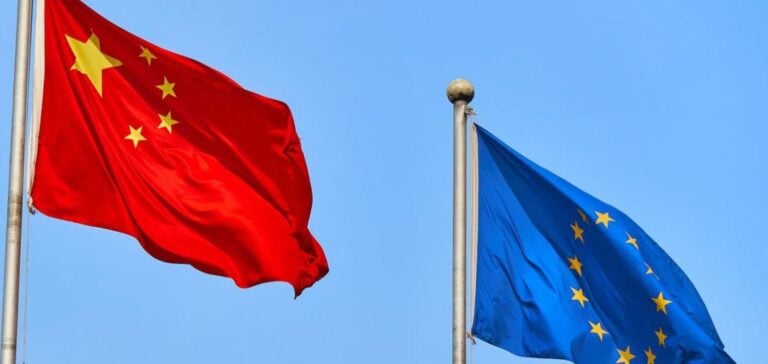In April, the European Commission launched anti-subsidy investigations against two Chinese groups. They are involved in the bid for a photovoltaic park project in Romania. These investigations are part of a wider effort by the EU (European Union) to limit energy dependence on China, particularly in the solar and wind power sectors.
Impact of new EU regulations
The new European regulations come into force in mid-2023. It aims to prevent unfair practices by requiring companies that have received significant foreign subsidies to notify their participation in major EU public tenders. This measure aims to ensure fairer, more transparent competition between groups, by introducing anti-subsidy investigations in cases of doubt.
Reactions and implications of the withdrawals
Following the investigations, Longi and Shanghai Electric withdrew from the 110 MW photovoltaic project in Romania. Despite the project being partly financed by European funds. The European Commissioner for the Internal Market, Thierry Breton, underlines the fact that:.
“Solar energy is vital to Europe’s economic security. We are investing heavily in solar panel installation to reduce our carbon emissions and energy bills, but this must not be at the expense of our energy security, industrial competitiveness and European jobs.”
The EU’s position on international competition
The EU is stepping up its efforts to counter competition-distorting foreign subsidies. Similar surveys have been launched in other sectors, such as the automotive and medical device industries. This underlines the stricter policy towards international trade practices, particularly those from China. The European Union estimates that 95% of its public tenders are open to competition from the rest of the world. However, European companies have virtually no access to Chinese public procurement markets.
The returns from Longi and Shanghai Electric illustrate the challenges and complexities of international trade relations. Trade relations in which EU competition rules play a crucial role. The aim is to balance economic interactions and secure European industrial interests against players subsidized by foreign governments.






















